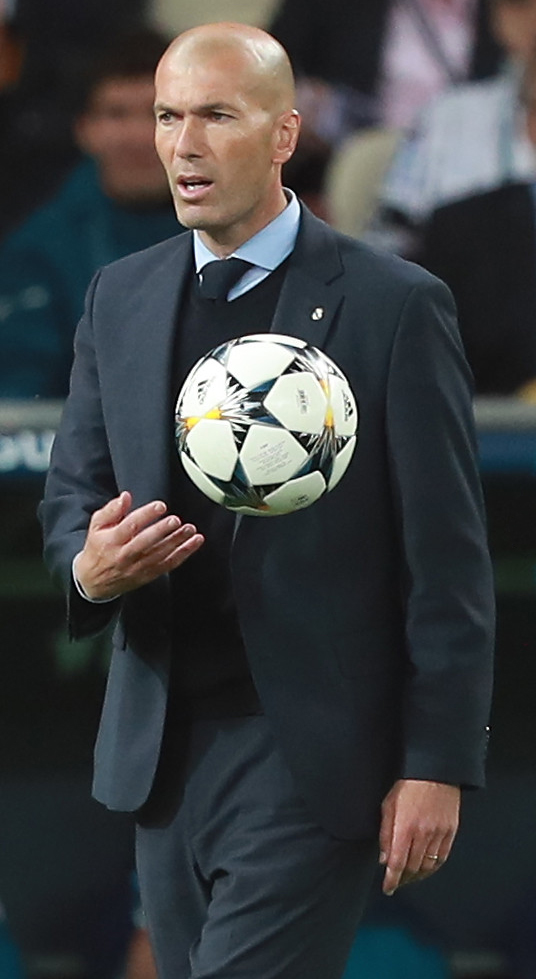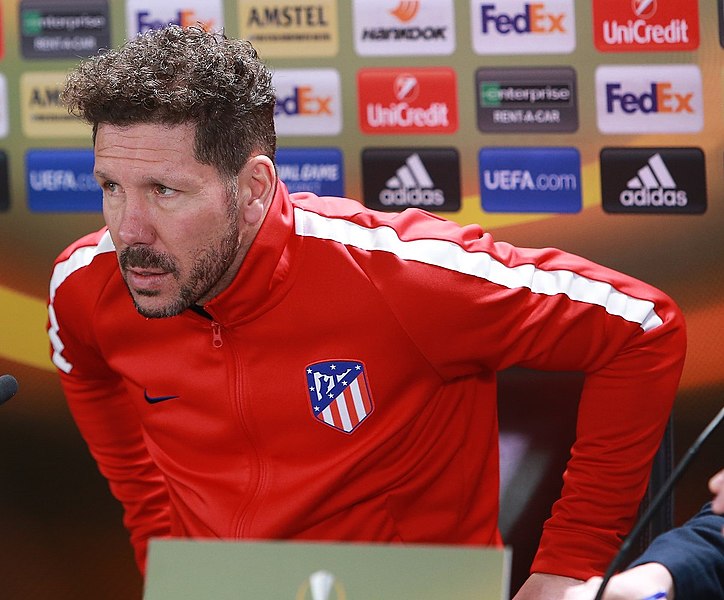The fundamental role of the coach in the leadership of a football team
Leadership in football It is a crucial skill for coaches, who must direct and motivate the team towards success on the field, in addition to building effective relationships with the players and coaching staff. The characteristics of a effective leader include passion, integrity, effective communication, the cability to make decisions and handle pressure. The leadership skills that a football coach must have include establishing the team vision and goals, motivate the team, build effective relationships, take effective decisions, communicate effectively, give and receive feedback and adapt to changes. Effective leadership techniques for soccer coaches include establishing a clear vision and objectives, be a role model, encourage the open communication and use the positive reinforcement.





